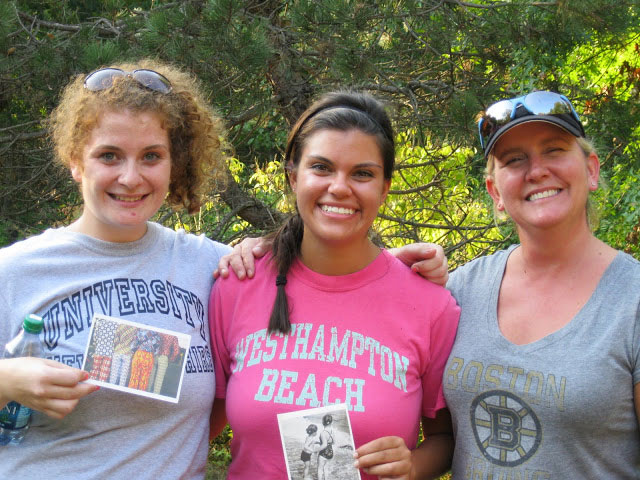
This winter, the NH LEND became one of five LEND programs to receive funding from the Association of University Centers on Disability (AUCD) to increase the diversity of their trainees.
“Increasing the diversity of the workforce is a priority for the Maternal and Child Health Bureau and a top priority for the NH LEND program,” explains Dr. Elizabeth Humphrey, NH LEND’s Training Director. “We appreciate this technical assistance award from AUCD and look forward to working with diversity leaders in NH and Maine to improve recruitment of racially/ethnically diverse trainees.”
With this funding and the technical assistance support provided, NH LEND will develop and implement a sustainable targeted outreach plan for the recruitment of racially and ethnically diverse family members who have children with developmental disabilities. The program plans to do this by developing culturally appropriate recruitment materials, targeting organizations and health professionals in NH that can help identify culturally diverse families who have children with disabilities, and organizing logistics, including interpreter services recruitment sessions.
Ultimately, NH LEND hopes to increase the number of LEND family trainees/fellows from diverse populations to 10% of their total in the next cohort.
In November 2014, AUCD's Interdisciplinary Technical Assistance Center on Autism and Developmental Disabilities put out a request for proposals to address priority technical assistance needs in Leadership Education in Neurodevelopmental and Related Disabilities (LEND) and Developmental Behavioral Pediatrics (DBP) training programs. The priority areas defined in the request came directly from programs' most recent Non-Competing Continuation progress reports: (1) trainee diversity, (2) technology in training, (3) availability and recruitment of advanced level trainees, and (4) support and inclusion of family trainees and faculty. They selected NH LEND along with programs in Nebraska, Tennessee, Virginia, and Arizona.
In the coming months, the AUCD will provide technical assistance to all of the programs throughout the funding period, which ends in August 2015. Jamie Perry, AUCD's Director of MCH Technical Assistance, hopes that despite the relatively small amount of money and the short time for implementation, "These creative initiatives will result in measurable improvements to the programs and the LEND / DBP network as a whole that can be sustained in the years to come."
